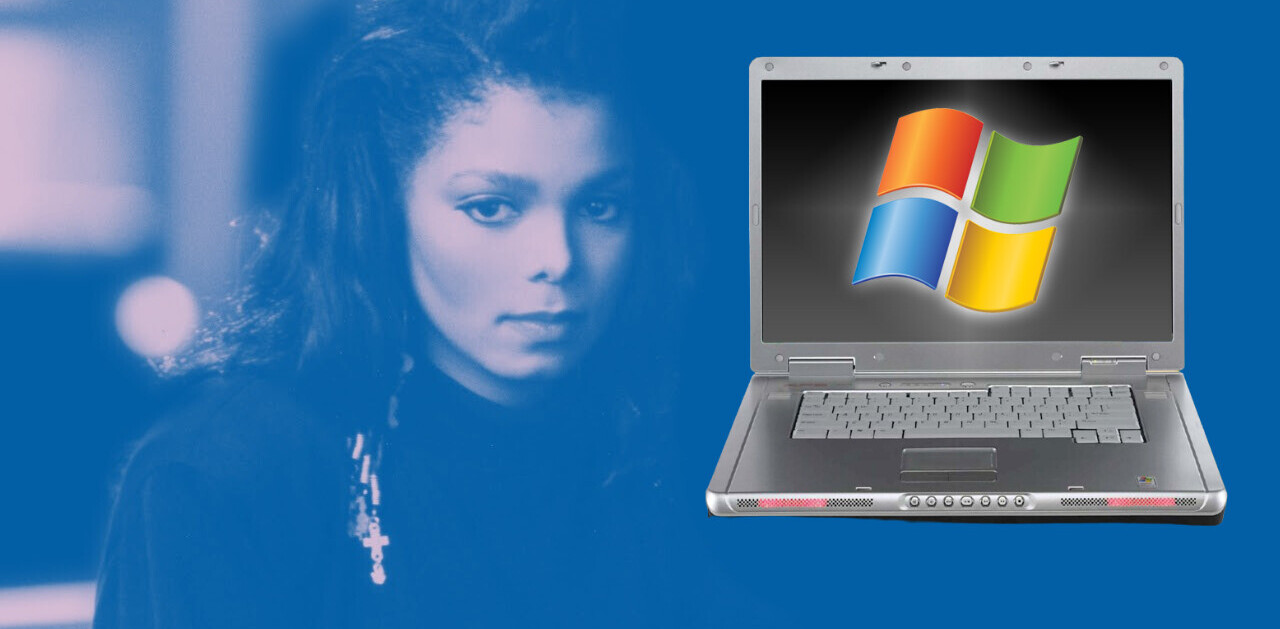
You feel that? The butterflies in your gut? The clenched butt? Of course you do — because today is an Apple event day.
If you’re intrigued about what the company is potentially going to announce, we’ve got you. If you want to know how to watch it, friend, we’ve got you.
In this piece though, we’re looking at the possibility that today’s event isn’t a standalone extravaganza. Instead, it’s most likely one of a pair of events.
Excuse me while I button up my trenchcoat, find my magnifying glass, and kick-off a drinking problem. It’s detective time, pals. Here’s our first clue that today’s Apple event may be part of a pair:
There will be two events, and I’d expect the latter to be Mac + iPad. iPhone/Watch Tuesday. https://t.co/xfAjhUkigC
— Mark Gurman (@markgurman) September 12, 2021
Okay, yeah, this isn’t exactly a bit of Sherlockian analysis, but a clue is still a clue — even if it just gives us the answer straight away.
Thankfully though, this adventure doesn’t end there. We’ve got some more evidence to comb through.
A look at last year’s Apple events
If we stretch our minds back to 2020 (OH GOD NO), you’ll remember there were three Apple events at the rear end of the year. There was the September 15 one where the company announced new Apple Watches and iPads.
Next up was the October 13 Apple event. This is where the company announced the iPhone 12 range. Finally, we have the Apple event which took place on November 10. This was where the company launched its new Macs with the M1 chip.
Don’t worry, there is a point to listing all these events: Apple has recent history of spreading its product announcements over several events. This means that having a follow-up show after this one has precedence.
The more I think about it, the more I’m convinced of what a good idea it is.
Let’s ponder this it from Apple’s perspective. Now the events are fully digital, there’s no need to worry about getting people in a room. For the public, it’s also much easier to understand a couple of products being updated, rather than dozens.
Then you have the media. Basically, every damn media outlet will cover the ins-and-outs of each event, meaning Apple will receive huge amounts of coverage for just… splitting up a video? Sending out some RSVPs?
It’s really a genius bit of PR and marketing.
I’d say then it’s pretty likely we’ll be getting at least one more Apple event after today. It’s tough to know the precise product split — or whether it’ll be in October or November — but Gurman is probably right: one event that’s Apple Watch and iPhone, then another that’s iPad and Macs.
And lord, I can’t wait.
Get the TNW newsletter
Get the most important tech news in your inbox each week.





